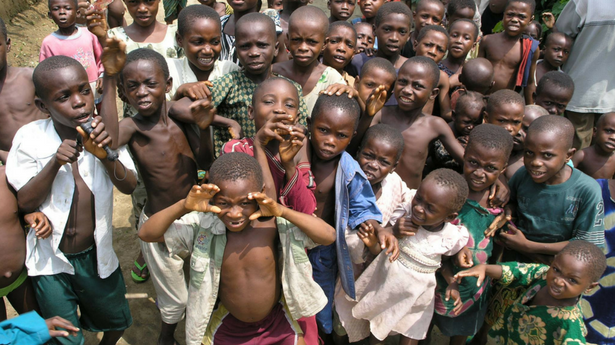In 2016 thousands of people around the world took to the streets in what has been called the largest-ever global protest against fossil fuels. For two weeks, environmental groups in the United States, the UK, Australia, South Africa, and Indonesia staged a series of actions, called “Break Free”, calling for renewable energy alternatives and a global shift away from fossil fuels.
Now, one year later, the Break Free from Fossil Fuels campaign has gained strength with new groups from more countries around the world taking a stand.
The week of May 4-15, 2017, a global wave of peaceful actions took place across six continents targeting the world’s most dangerous fossil fuel projects.
In Nigeria, three actions were held to demonstrate what happens when the oil runs dry, and local communities are left with pollution and none of the wealth. On indigenous Ogoni land, activists demanded cleanup of old oil spills and called for local resistance against corporations.
The area is one of the world’s most polluted regions, host to 40-years worth of oil spills from companies operating in the area. Shell has been widely blamed for failing to cleanup the contamination. The 1.5 million Ogonis are also the only people known to have successful ejected an oil company for pollution.
In May, a youth group called The Young Environmentalist Network continued to take action, hosting one of the three Break Free rallies. The youth indigenous organization collaborated with a number of other local groups and used a $4000 grant from Global Greengrants to facilitate the Anti-Fossil Fuels rally involving 2000 local participants. Not only did the group call for cleanup, but drew attention to the power local people have to resist corporations and keep oil in the ground.
It’s this kind of community-led action that will help us forge a brighter future with more sustainable sources of energy.
This grant was made possible with support from the First Solar Corporate Charitable Fund of the Toledo Community Foundation.

